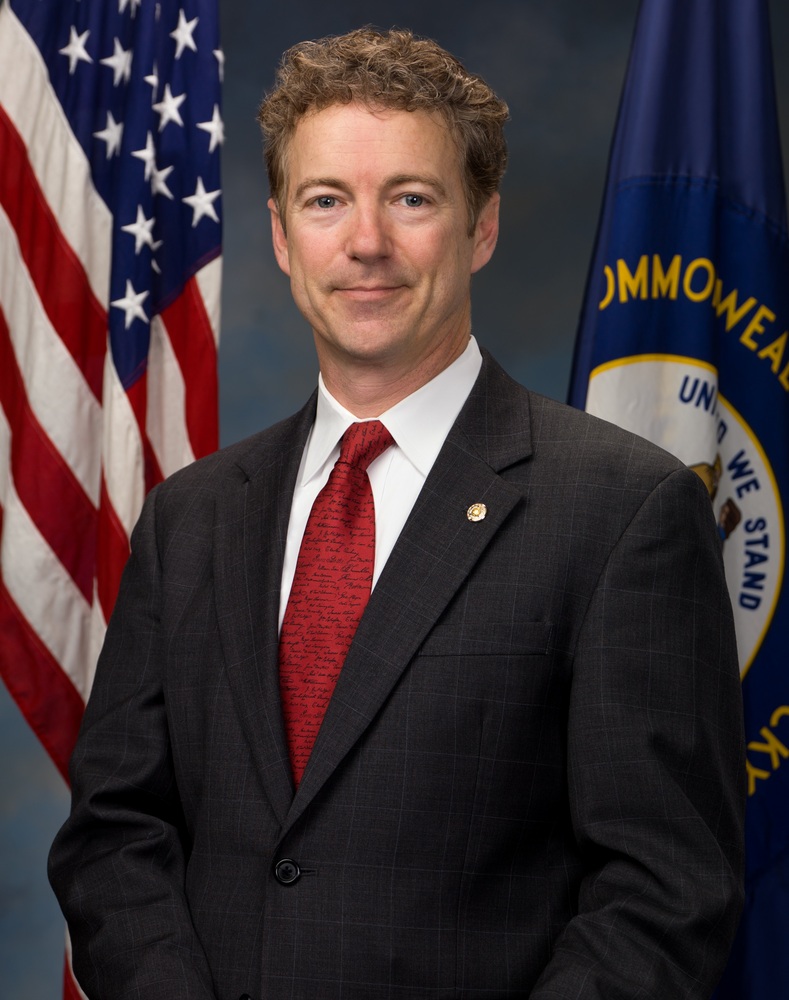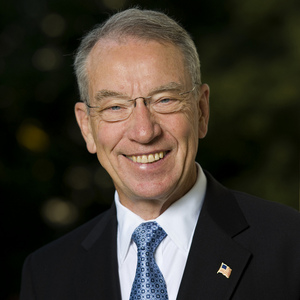Bill would expand ethanol waiver for RVP to blends beyond E10



March 31, 2015
BY Erin Krueger
Sens. Rand Paul, R-Ky., and Chuck Grassley, R-Iowa, recently introduced legislation that aims to provide regulatory relief to alternative fuel producers and consumers. One provision of the bill would extend the ethanol waiver for Reid vapor pressure (RVP) to ethanol blends higher than E10.
The Fuel Choice and Deregulation Act of 2015, or S. 889, was introduced on March 26 and referred to the Committee on Finance.
“The EPA’s onerous regulation of fuels is artificially limiting options for consumers and producers and preventing the adoption of new fuel options that could benefit our environment, our economy, and our energy security. Through competition and consumer choice, my bill will free fuel producers and automobile manufacturers to innovate and bring new products to market that can lower costs to consumers, increase domestic energy production, and benefit the environment.” Paul said.
Advertisement
Advertisement
“Consumers appreciate having choices, whether it’s at the grocery store or the fuel pump,” Grassley said. “Those of us who live in biofuels-producing states like Iowa understand the appeal of cleaner, domestic, renewable fuels. The EPA should be consistent in the way it treats different fuel blends as a matter of fairness and to give consumers more options for fueling their vehicles. The EPA has never acted on its authority to grant a waiver for E15. This bill proposes a legislative fix to fill the void.”
Growth Energy issued a statement noting the legislation would benefit the E15 market. “We certainly support efforts by Senator Paul and Senator Grassley to remove a major hurdle preventing consumers the opportunity to purchase higher blends such as E15. This has been a major obstacle ever since Growth Energy led the successful effort to get E15 approved for commercial use,” said Growth Energy CEO Tom Buis.
Advertisement
Advertisement
“We are hopeful that Senators Paul and Grassley’s legislative efforts are successful in granting this much needed waiver to overcome the single largest regulatory hurdle to ensuring consumers have access to higher blends such as E15,” Buis continued.
Bob Dinneen, president and CEO of the Renewable Fuels Association, said securing parity with respect to fuel volatility regulation for E10 and E15 is critical to the expansion of E15 in the marketplace. “The RFA believes EPA has the regulatory authority to do that without new legislation. But legislation compelling Agency action such as Senator Paul's Fuel Choice and Deregulation Act underscores the need to achieve parity by any means necessary, and we applaud and support his effort. Without it, refiners will continue to deny gasoline marketers the specially tailored blendstocks they would need to sell E15 in the summer months. At the end of the day, however, the most important means of assuring fuel choice for consumers would be the successful implementation of the RFS as intended by a bipartisan Congress in 2007,” Dinneen continued.
The Iowa Renewable Fuels Association has also issued a statement in support of the bill. “We applaud this effort by Sens. Paul and Grassley to remove unnecessary hurdles in federal regulation, and allow consumers to have year-round access to lower-cost E15, the most tested fuel in history,” said IRFA Executive Director Monte Shaw. “While other elected officials just this week sent letters hoping to restrict consumer choice and pander to petroleum’s near monopoly over the transportation fuel sector, it’s refreshing to see these valiant Senators get serious about building upon the progress we’ve made in air quality and encouraging competition at the pump.”
Upcoming Events





